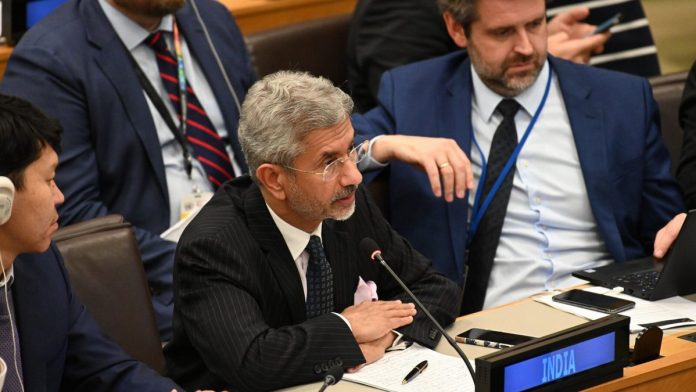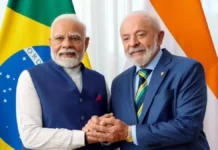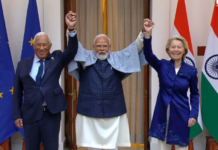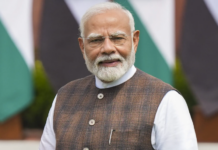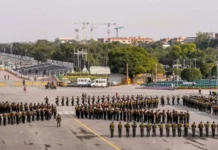NEW YORK: Elimination of terrorism in all its forms is a precondition not only for fruitful cooperation but also for the very survival of the South Asian region, External Affairs Minister S. Jaishankar tweeted after a SAARC meeting here which Pakistan boycotted when he was making his opening statement.
“Ours is really not just a story of missed opportunities but also of deliberate obstacles. Terrorism is among them. In our view, elimination of terrorism in all its forms is a precondition not only for fruitful cooperation but also for the very survival of our region itself,” Jaishankar said on Twitter. Pakistan Foreign Minister Shah Mahmood Qureshi boycotted Jaishankar’s opening statement at the meeting of the SAARC Council of Foreign Ministers on Thursday, with the ruling Pakistan Tehreek-e-Insaf party saying the country will not engage with India “until and unless” it lifts the “siege” in Kashmir.
Qureshi “refuses to attend Indian Minister of External Affairs Subrahmanyam Jaishankar’s statement at the meeting of SAARC Council of Ministers”, Pakistan Tehreek-e-Insaf tweeted. The meeting on the sidelines of the UN General Assembly session started in his absence. Jaishankar was among the first ministers to arrive for the SAARC Ministerial Meeting. He was in the meeting for over 45 minutes and then left.
He didn’t make a comment when asked about Qureshi boycotting the SAARC meeting. Qureshi arrived only after Jaishankar left the room after delivering his statement. Asked about being late for the meeting, Qureshi said he doesn’t want to sit with the Indian minister as a protest over Kashmir. Jaishankar said “No” when asked to comment on the absence of his Pakistani counterpart during his opening statement.
Coming out of the meeting, Qureshi said the SAARC nations have decided to hold the next SAARC Summit in Islamabad, the date and time of which his yet to be decided. He said India is “silent” on the decision to hold the meeting in Islamabad. Tensions between the two countries have spiked since India abrogated Article 370 of the Constitution to revoke the special status of Jammu and Kashmir in August.
India’s decision evoked strong reactions from Pakistan, which downgraded diplomatic ties and expelled the Indian ambassador. Pakistan has been trying to internationalise the Kashmir issue after India withdrew the special status of Jammu and Kashmir, but New Delhi has asserted the abrogation of Article 370 was its “internal matter”. The South Asian Association for Regional Cooperation (SAARC) is a regional grouping in Asia comprising India, Pakistan, Afghanistan, Bangladesh, Bhutan, the Maldives, Nepal, and Sri Lanka.
Last year, then external affairs minister Sushma Swaraj left the room after her statement at the SAARC Council of Ministers’ Meeting, amid tensions between the two countries following the brutal killings of three policemen in Jammu and Kashmir and Islamabad releasing postage stamps “glorifying” a slain Kashmiri militant. The 2016 SAARC Summit was to be held in Islamabad. But after a deadly terrorist attack on an Indian Army camp in Uri in Jammu and Kashmir in September that year, India expressed its inability to participate in the summit due to “prevailing circumstances”.
The summit was called off after Bangladesh, Bhutan and Afghanistan also declined to participate in the Islamabad meet. Maldives and Sri Lanka are the seventh and eighth members of the initiative. SAARC Summits are usually held biennially hosted by a member state in alphabetical order. The last SAARC Summit in 2014 was held in Kathmandu. PTI

